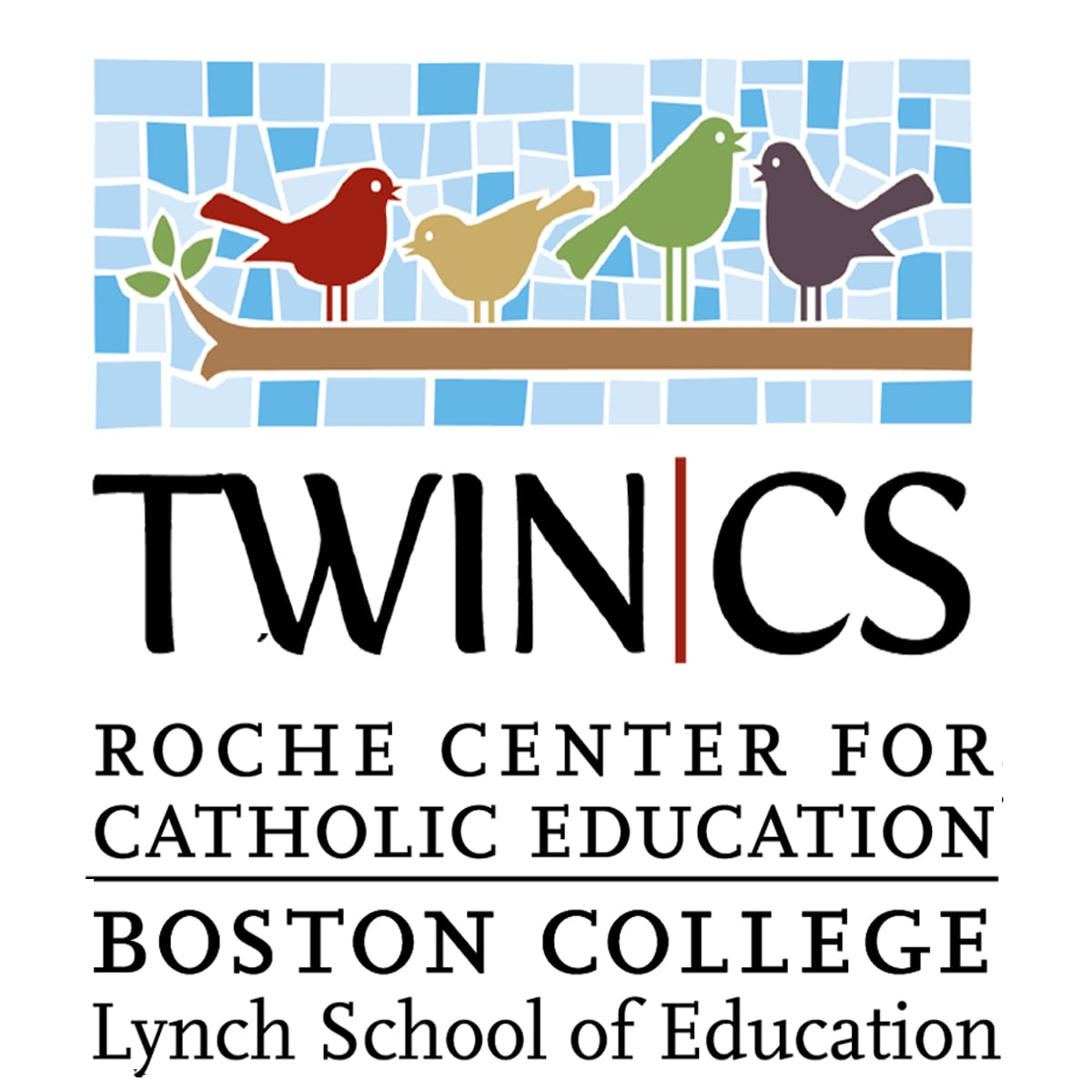Corey Mitchell, a contributing writer for EducationWeek, has published an article about the findings from a recent National Academies of Sciences, Engineering, and Medicine report. The report from the National Academies reveals that under-resourced schools and underprepared educators “limit English-learners’ access to high-quality and challenging science, technology, engineering, and mathematics educational opportunities.”
This research report suggests that “too often schools operate under the incorrect assumption that proficiency in English is a prerequisite to meaningful engagement with STEM learning,” and noted that schools often fail to utilize this “meaningful engagement with content and disciplinary practices as a route to language proficiency.” The report further argues that “some deficits in student performance arise from lack of access rather than limited ability or language proficiency, or from cultural differences,” and if educators are willing to understand and take action toward this, then we may see an increase in ELLs in STEM. Furthermore, the report “[bemoans] the lack of public data about English-learner enrollment in technology and engineering-based courses,” which inhibits thorough research of this demographic.
An extensive list of the research team’s conclusions and recommendations to circumvent these issues is provided in the research report. A few of these recommendations include “how districts can remove barriers that limit English-learner participation in STEM education to tips on developing curricula and assessments to facilitate and monitor the progress of students once they enroll in courses.” The research report concludes that ELLs should have the same opportunities to thrive in STEM classes as their non-English learning peers.
At TWIN-CS, we are eager to learn about better teaching strategies and administrative methods that promote the success of our students. This research report is an invaluable source of information for those interested in bettering ELL involvement and engagement in STEM classes.
Please click here to access the full report and here to read Corey Mitchell’s interpretation of the report.

